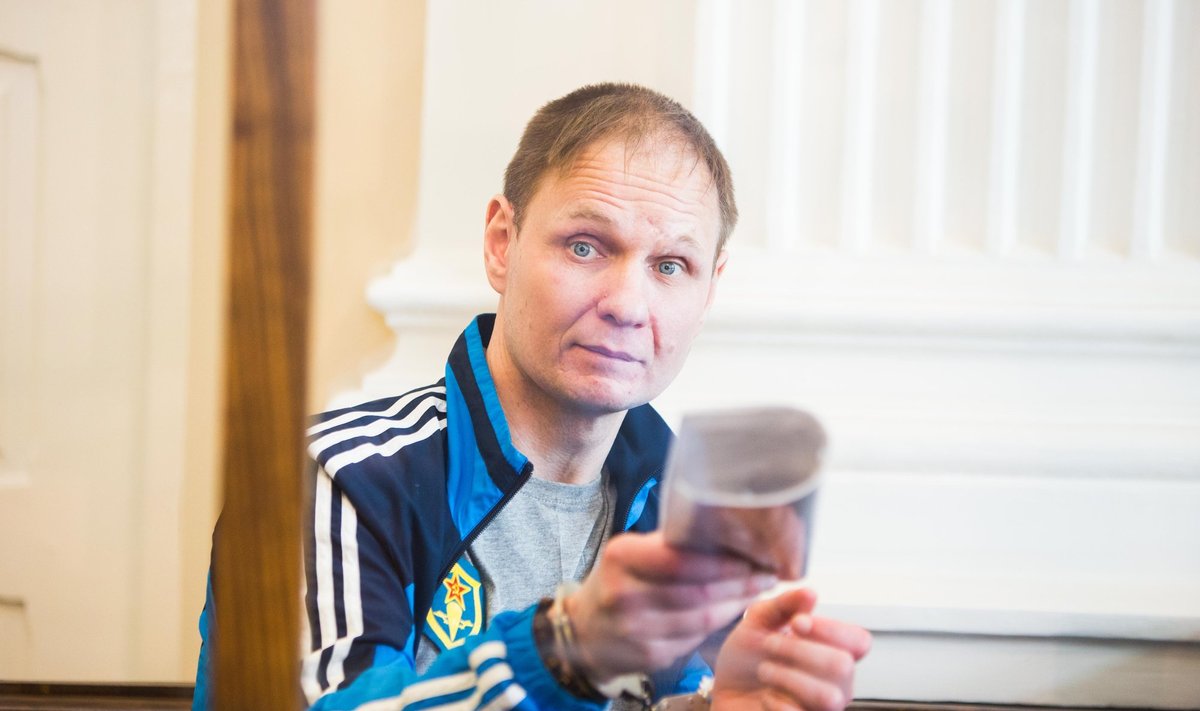The District Court of Kaunas' Chamber of Kaisiadorys said on Friday it was decided to reject the movement request by Pravieniskes Correction House – Open Prison Colony since there's currently no evidence that Mikhailov has changed enough to place hum under softer regime conditions.
"The convict meets the formal basis to be moved from a prison to a correction house as he has served more than ten years of his life sentence. Nevertheless, when considering the issue of softening sentence conditions for the convict, his personal attitude to the committed crimes must be taken into account, as well as his behavior during this time in prison, and whether the objective of the prison sentence issued to the convict would be achieved upon the change of sentence execution conditions," the court ruling reads.
On June 6 of 2016, the Lithuanian Court of Appeal upheld the life prison sentence for Mikhailov, and reclassified the offense as a crime against humanity.
Mikhailov, a Latvian citizen, was detained by Latvian law enforcement bodes on Nov. 28, 2007 under a European arrest warrant issued by Lithuania. He was held in detention at Lukiskes Remand Prison in Vilnius from January 2008. It emerged later that Mikhailov also has Russian citizenship.
He was also ordered to pay 653,850 euros in damages to the state. Earlier this year, Mikhailov turned to the European Court of Human Rights over this lifetime sentence.
Lithuanian prosecutors established that Mikhailov, being a member of the Soviet Interior Ministry's special police unit OMON and acting as part of a squad organized by Cheslav Mlynik, together with other members of the squad, Andrei Laktionov and Alexander Ryzhov, intentionally killed Lithuanian customs and police officers Antanas Musteikis, Stanislavas Orlavicius, Ricardas Rabavicius, Algirdas Kazlauskas, Juozas Janonis, Algimantas Juozakas and Mindaugas Balavakas, and attempted to kill Tomas Sernas.
the Kaunas court also concluded that during the case hearing Mikhailov did no admit his guilt. Although characterized as polite and avoiding conflict situations, the court ruled that he's not motivated for change, and has not only received incentives but has also been issued penalties for violating the prison's internal rules.
